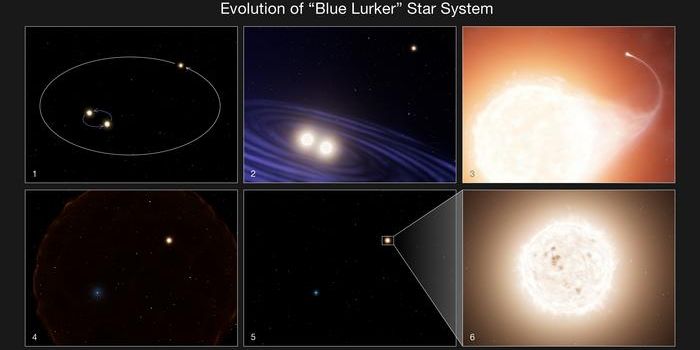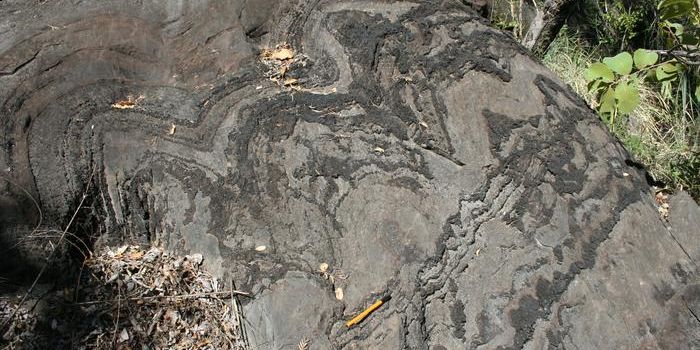Chaos Theory Hints at Controlling Our Weather
In the last few years, we witnessed countless wildfires, and a big increase in the number of tornados, droughts, and floods. To minimize loss of life, sometimes we wish that we could find a way to control these extreme weather phenomena. Recently, scientists led by Dr. Takemasa Miyoshi from the RIKEN Center for Computational Science conducted an experiment that suggests that weather might actually be controlled. This work, published in the Nonlinear Processes in Geophysics journal in 2022, is based on computer simulations that employ the butterfly effect from the famous chaos theory in Physics.
Chaos theory refers to the study of extreme and unpredictable changes in dynamical systems that are highly sensitive to the initial conditions in that system. The Butterfly effect was first introduced by an MIT meteorologist, Edward Norton Lorenz in the 1960s, who suggested that the flap of a butterfly’s wings might cause a tornado. In other words, a small perturbation in a system somewhere can lead to big consequences somewhere else. One optimistic way to think about it in this situation is to intentionally cause a perturbation to reach the desired outcome. For example, controlling our weather to avoid disastrous and extreme effects such as tornadoes, floods, and droughts.
These researchers used supercomputers to run one simulation for natural weather and then ran many others by adding small variations in certain parameters which define the movement of heat in a given system. By running these multiple simulations, the authors found that these tiny variations could lead to quite different outcomes depending upon how much time is spent in a particular state. In other words, this investigation provided a hint toward the actual controllability of our weather in the future.
All this work opens a door into research that would eventually allow us to control the weather and hence avoid disasters posing threat to life on Earth. This research is particularly useful today when climate change is bringing a lot of unexpected calamities such as typhoons, floods, etc. These authors plan to use actual weather models which are more complex and therefore need more thorough investigation and more simulations. Discussing the overall impact of this kind of study, these researchers state the following, “we must consider and assess every potential impact caused by the control and have proper protocols for social, ethical, and legal agreement about real-world operations.”








